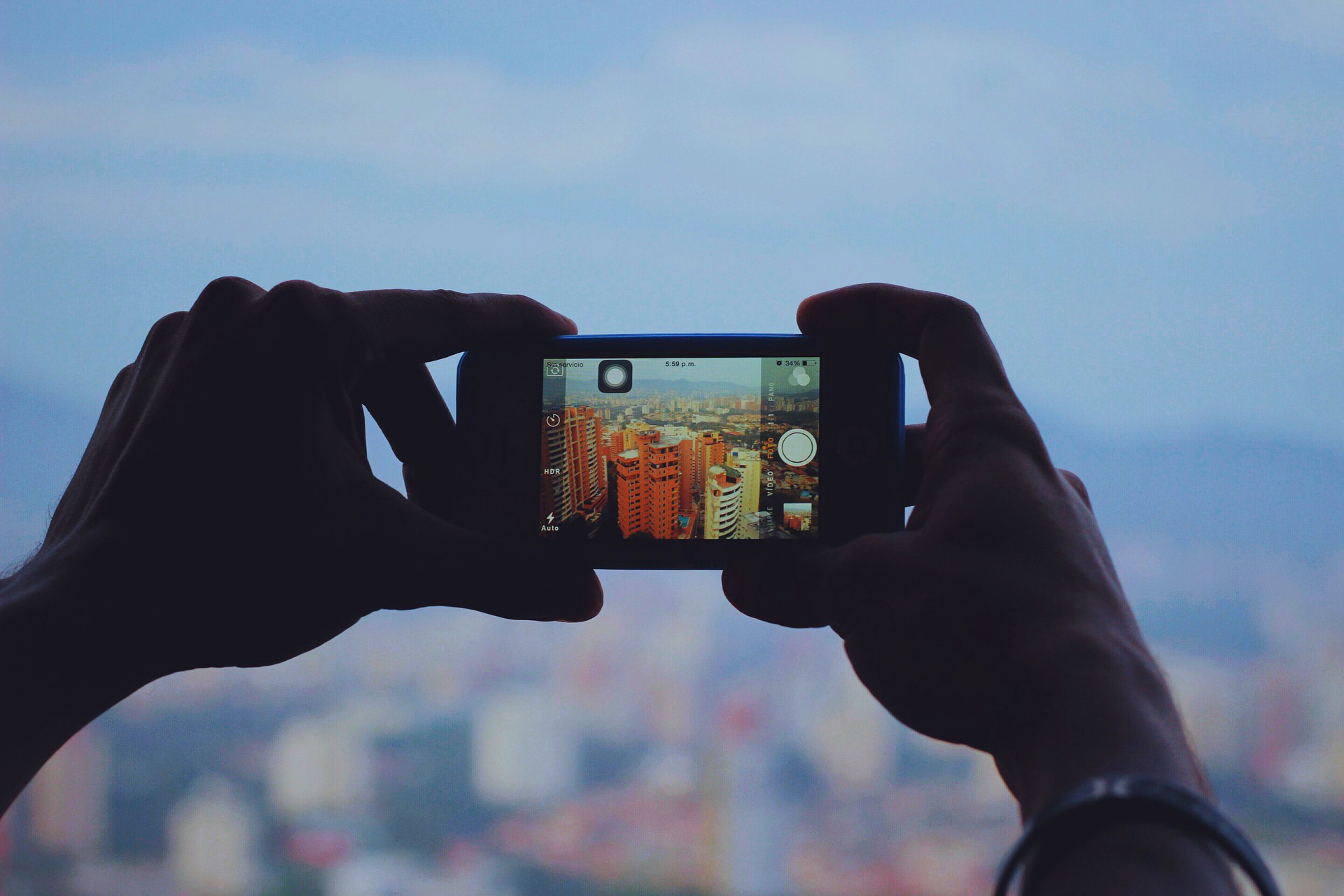We have seen an increasing interest in customer experiences in recent years. Companies are seeking ways to create better experiences for customers and customers want more meaningful experiences when they purchase, consume or travel. Consumers are no longer satisfied with ‘simple service’, a simple service encounter or transaction. – Instead they want to get compelling experiences by buying into products and services. At the beginning of the 21st century, the experience economy, introduced by Pine and Gilmore, has become a key concept that has transformed contemporary marketing thought and practice. The main idea is that company should aim to design and stage experiences that create added value for consumers and competitive advantage in the long-term.
At the turn of the century, two game changers have revolutionised how contemporary experiences are created and consumed, namely:
- empowered consumers and
- the arrival and proliferation of digital technologies
Especially through digital technologies, social media and mobile tools, consumers have become knowledgeable and have access to a wide range of information online. The classic consumer no longer exists, but we now have active and empowered ‘pro-sumers’, which are involved in the production and consumption process of their experiences. Digital technology has transformed consumers from passive recipients of information and services to: connected prosumers in a technology-mediated experience environment.
Consumers use online review platforms to create, exchange and share opinions with each other, use virtual worlds to pre-experience travel before physically leaving the home, use mobile applications to create their own city tours and share travel experiences with a connected network of friends and users online in real-time.
This creates new realities and starting points for services and tourism marketing. It introduces an era, in which experiences and technology come together and give rise to so-called ‘Technology Enhanced Tourist Experiences‘. This new paradigm comes with several questions: What are these new types of experiences? How can I create these? Does technology replace humans, or can we somehow use technology to enable and optimise high-touch tourist experiences?
To find answers to these questions, we need to look at how to understand, manage and market this new type of experiences:
Understanding: What are Technology Enhanced Tourist Experiences?
The key principles to understanding this new experience is to recognise that:
- experiences should no longer be designed and staged, but co-created with the consumer
- the consumer should be actively involved in co-designing, co-producing and co-creating his/her own experience (from ideas generation, product co-design to on-site experience co-creation)
- digital technologies are the key in engaging consumers, building a dialogue and co-creating meaningful relationships, experiences and value
Managing: How to create Technology Enhanced Tourist Experiences?
The key principles to creating this new experience is to recognise that:
- thanks to digital technologies, travel experiences are no longer limited to experiences on-site, but happen before, during and after travel
- this creates an extended customer journey, in which companies and consumers co-create experiences in offline and online spaces at the same time
- social media platforms create unique opportunities for engagement, in which a wide ‘network of actors’, including companies, consumers, consumer communities and stakeholders can interact and create more social and meaningful experiences together
Marketing: What are the benefits of Technology Enhanced Tourist Experiences?
Compared to traditional, non-technology supported experiences, this new form of experiences can yield richer, more personal and meaningful experience and value propositions.
- more consumer-centric, consumer-driven and personalised experiences, as consumers use applications to control and personalise services, and companies can use tools to collect information and facilitate more individualised experiences
- more engaging and socially-dense experiences as different actors (companies, friends, locals, other consumers) connect and become part of the experience
- more informed, knowledgeable and educational experiences, as consumers use applications to access and retrieve information whenever needed
- more location, context aware and timely experiences, as consumers access real-time information, whenever and wherever needed, enhancing knowledge and navigation and often creating a ‘safety net’ for consumers
We are now at the starting point of a ‘new era of experiences’ of the 21st century. Technology Enhanced Tourist Experiences introduce new principles and strategies for experience creation for management and practice. Technology will be the key catalyst of change that 1) empowers consumers, 2) opens opportunities for co-creation and 3) added value creation for and with consumers.
Follow up reading – access and download the study for free:
Neuhofer, B. and Buhalis, D. (2012) Understanding and managing Technology-Enabled Enhanced Tourist Experiences. The 2nd Advances in Hospitality and Tourism Marketing & Management, Corfu, June. ISBN 978-960-287-1393.
